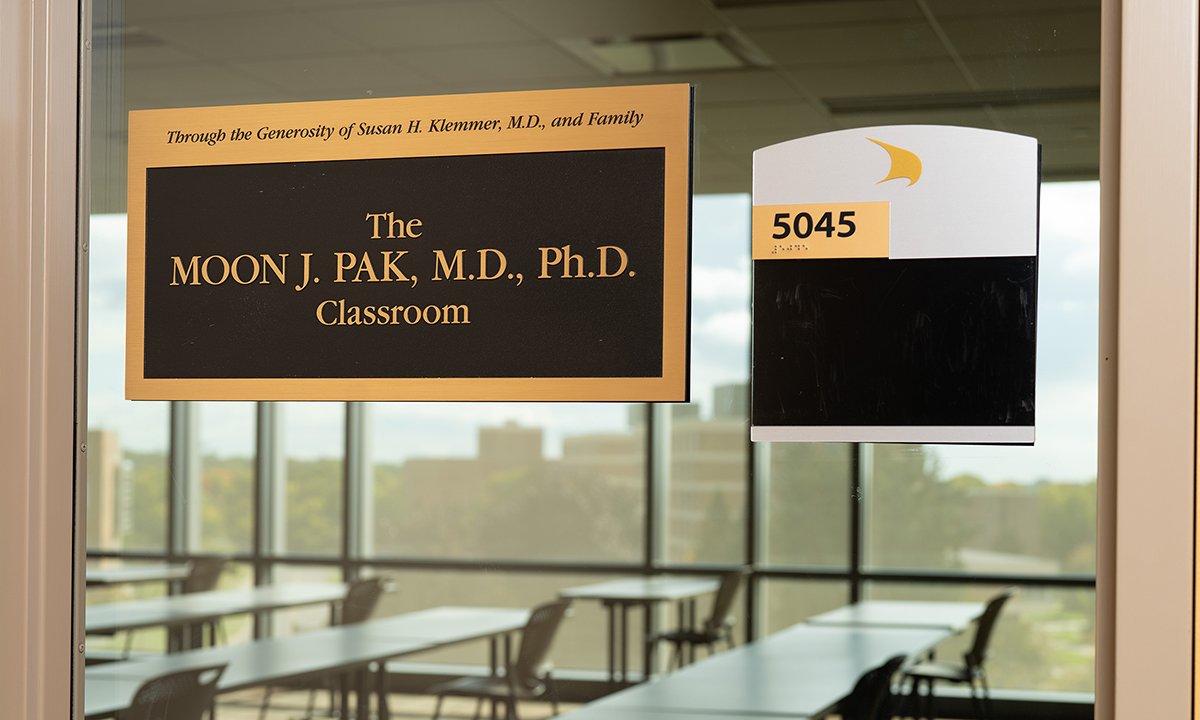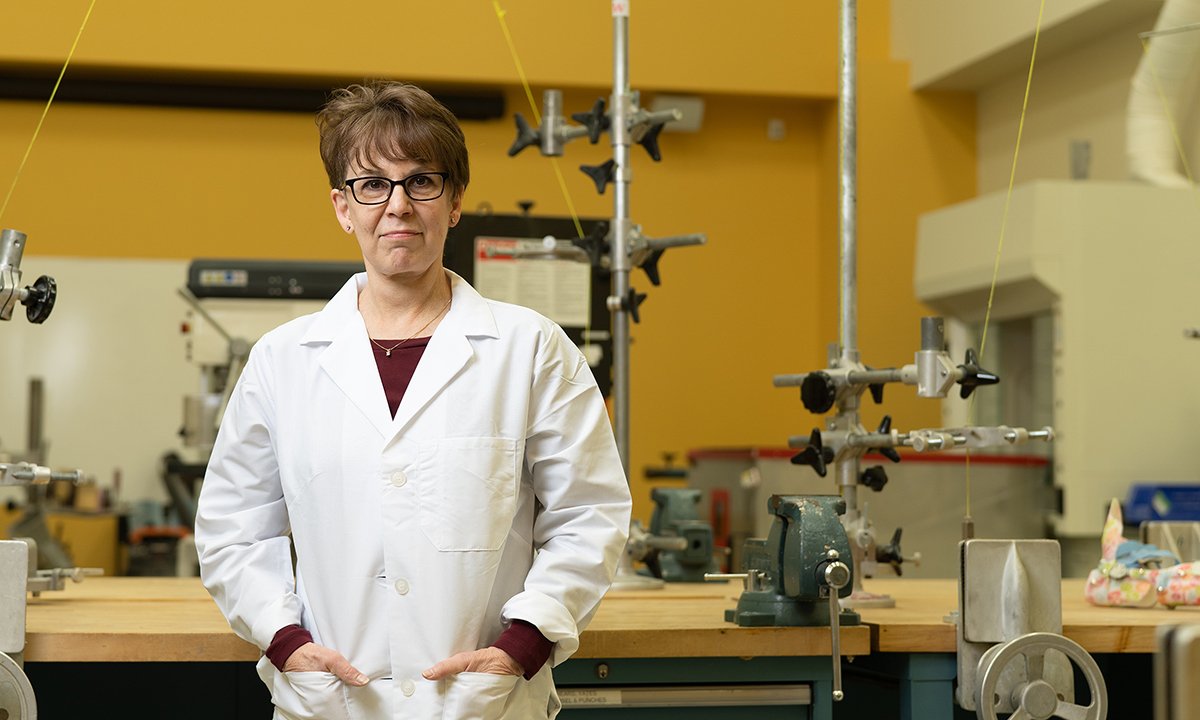Finding a New Normal
Oakland University’s graduate certificate in oncology rehabilitation enables health professionals to improve cancer patients’ quality of life
Rehabilitation to counteract the negative effects of cancer treatment can be life-changing, but only 5-10% of the 32 million survivors worldwide receive this necessary therapy. Oncology rehabilitation is dedicated to helping cancer survivors return to as close to their previous functional ability and quality of life as possible - a concept often referred to as a patient’s “new normal.”
This rapidly-growing, yet often overlooked, interdisciplinary field is critical, making the education of health professionals a matter of great importance. Oakland University’s one-of-a-kind graduate certificate in oncology rehabilitation (GCOR) provides advanced training to a broad range of rehabilitation clinicians looking to specialize in this impactful field.
“The graduate certificate in oncology rehabilitation is a world-class program led by globally known experts in the field,” says Dr. Lori Boright, program coordinator and assistant professor of physical therapy at OU. “We provide advanced theoretical and psychomotor training to equip the global clinical workforce for this growing population of patients with the overarching objective of improving survivorship for all who are living with, beyond or have been affected by a cancer diagnosis.”
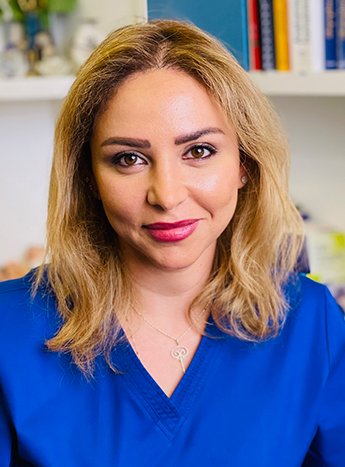 |
| Dina Barakat |
Dina Barakat is a physical therapist managing her own outpatient rehabilitation center in Beirut, Lebanon. When Barakat started treating cancer patients - the first one being her aunt - she realized that additional training specific to this population would be beneficial. Upon discovering OU’s GCOR at the World Physical Therapy Conference, Barakat took advantage of the opportunity and completed the program in 2023. The certificate improved her understanding of different types of cancer and connected her with colleagues from around the world.
With oncology rehabilitation not yet well-understood among Lebanese physicians and therapists, Barakat believes that education in this distinct field is essential. “It is important to get a specialized education to serve the growing population of cancer patients and survivors,” Barakat adds.
Barakat's clinical practice currently specializes in cancer rehabilitation, particularly lymphedema and breast cancer. She is a certified lymphedema therapist (CLT-LANA) and holds a Doctor of Physical Therapy, Master in Osteopathy and Master of Public Health.
“The enriching certificate provides the necessary foundation to improve clinical practice in oncology rehabilitation,” Barakat says. She appreciates the GCOR’s fully-online format that allows for a work/education/life balance, the outstanding faculty and connections, and the great academic support.
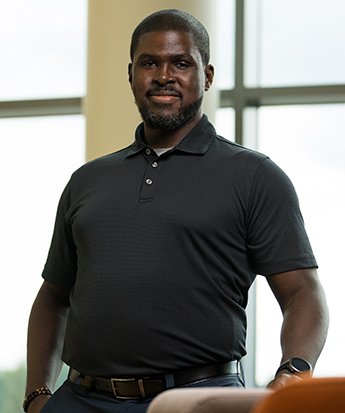 |
| Ron Benbow |
Ron Benbow, registered clinical exercise physiologist and Ph.D. in human movement science student at OU, became connected with cancer-related initiatives in high school when multiple family members faced formidable cancer struggles. Benbow’s involvement has evolved from passive support to active engagement, with his latest endeavor being completion of OU’s GCOR.
Benbow finds it important for exercise, movement and allied health professionals to specialize in this field in order to become esteemed members of multidisciplinary medical teams who collaboratively strive to improve cancer survivors’ quality of life.
From being a program coordinator, group exercise instructor, personal trainer and more, Benbow has immense experience in health and fitness. He currently works at Henry Ford Health Medical Group - Preventative Cardiology as a Clinical Exercise Physiologist, Health Coach and Clinical Research Coordinator; in this position, he is involved in cardiac rehabilitation, leads exercise appointments with cancer patients and supports the Sports Medicine department.
Already a two-time OU graduate, Benbow chose Oakland once again because the GCOR enables global connections between diverse professionals and empowers the exploration of innovative research. “The certificate offers exercise and movement scientists a wealth of opportunities for professional development,” Benbow adds, “enabling us to create a positive impact in this population.”
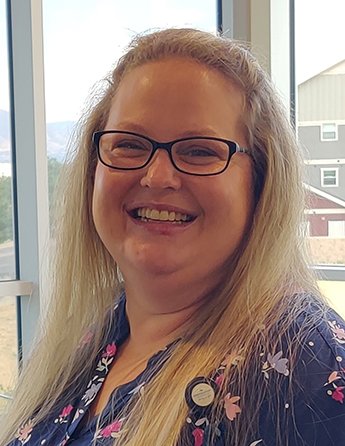 |
| Stephanie Lockingen |
Stephanie Lockingen is a physical therapist and Certified Lymphedema Therapist (CLT) in Salt Lake City, Utah. Upon having several family members face cancer, Lockingen became driven to improve the lives of survivors. She took advantage of OU’s GCOR in order to expand her knowledge of cancer treatment and skills for treating oncologic conditions.
While many therapists specialize in treating specific conditions such as post-stroke, brain injuries and neurological diseases, the population that needs oncology rehabilitation is often underserved - a narrative that Lockingen is passionate about changing. “Their physical function and lives are improved with these interventions,” Lockingen emphasizes, “but there doesn’t seem to be much rehabilitation to help them return to their same functional status and quality of life.”
With 23 years of practice, Lockingen’s experience includes founding her own lymphedema clinic and maintaining involvement in many cancer committees, boards and groups. She is currently working to further establish connections with physicians and create a full oncology rehabilitation program in the health system for which she works.
Lockingen appreciates how the GCOR increased her knowledge of types of cancers, medically-based interventions and safe therapeutic interventions that can be used to treat this specific population.
To learn more about Oakland’s oncology rehabilitation program, visit: https://www.oakland.edu/shs/human-movement/oncology-rehabilitation-certificate/
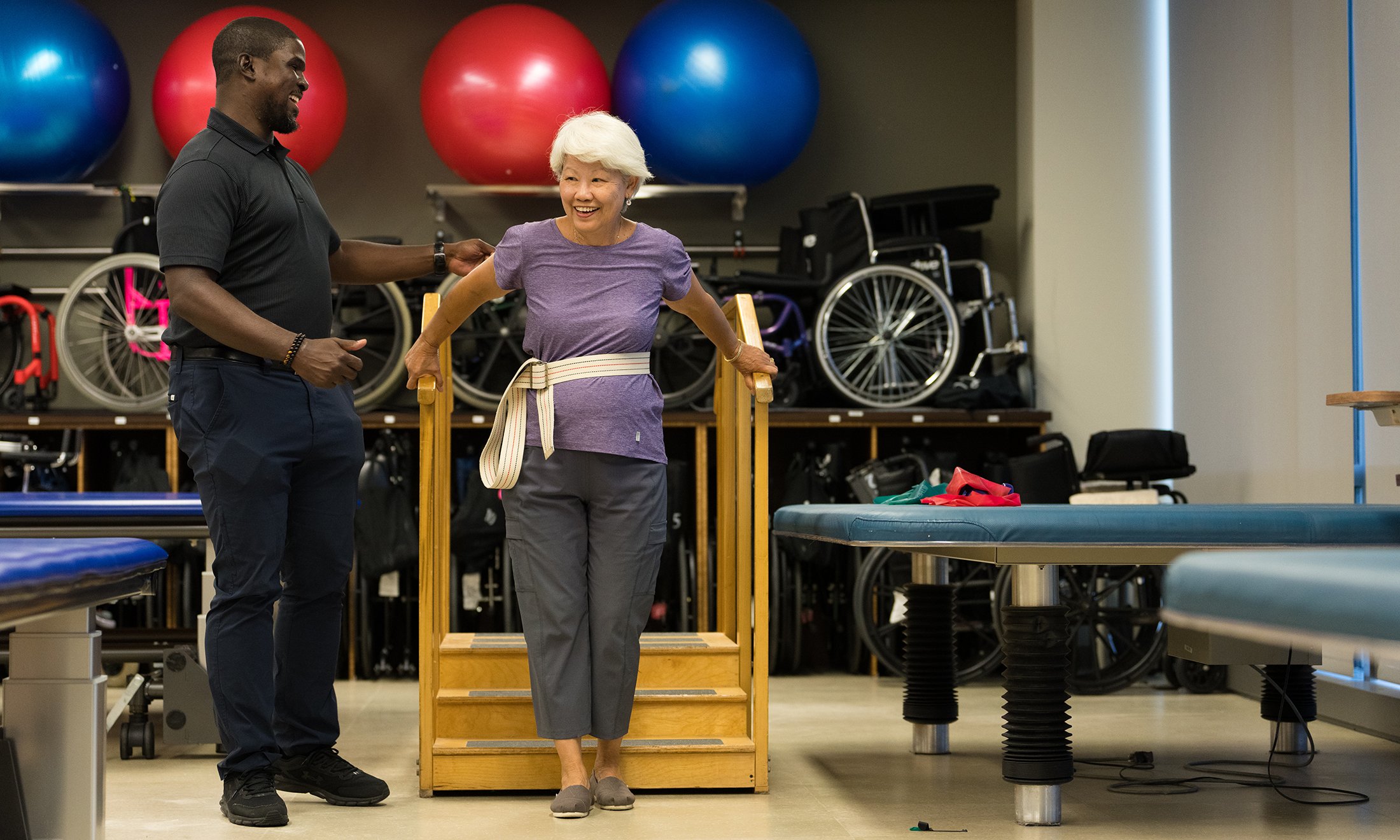
 November 14, 2023
November 14, 2023
 By Jillian Wolf
By Jillian Wolf
